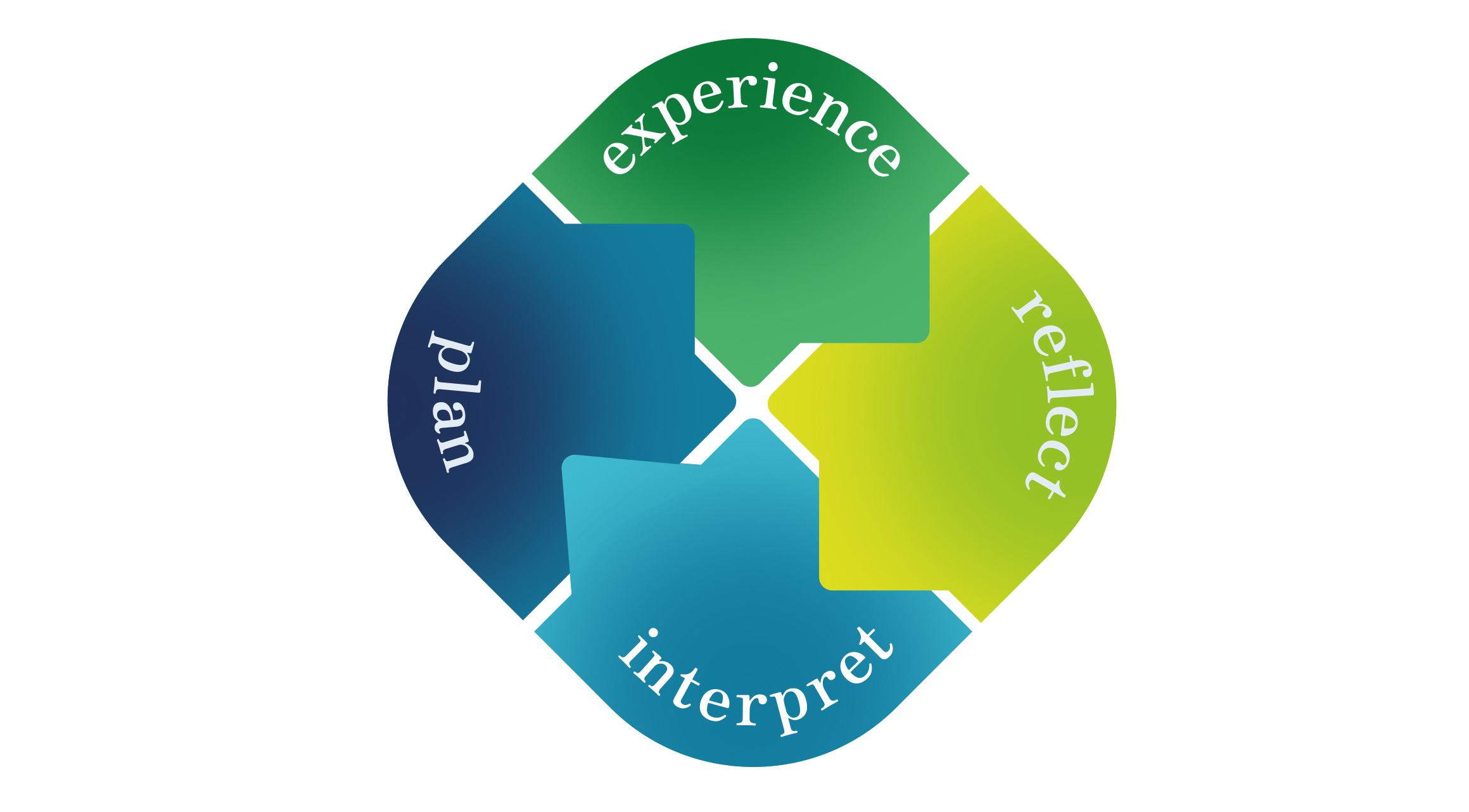In today’s fast-paced and ever-evolving world, effective leadership demands more than experience – it requires continuous learning. Leaders must adapt to new challenges, shifting markets, and emerging technologies. Learning while leading is not just beneficial; it’s essential for high-impact leadership that drives success.
The Imperative of Learning While Leading
Leadership is inherently complex. Whether guiding a team through a major transition, navigating uncertain economic conditions, or driving transformative projects, leaders face situations that demand more than technical expertise. They require the ability to think critically, adapt swiftly, and make informed decisions, as well as the ability to seamlessly integrate resources and enable everyone in the business to deliver high value to their customers.
Learning while leading bridges the gap between theoretical knowledge and real-world application, enabling leaders to refine their strategies, enhance their decision-making and focus their value contribution.
By embracing a growth mindset, leaders become lifelong learners, demonstrating humility and adaptability. They foster trust, inspire teams, and create a culture of innovation. Furthermore, leaders who learn on the job are better equipped to mentor others, amplifying growth across their organisations.
Why Learning While Leading Matters
Leadership is multifaceted, requiring critical thinking, swift adaptation, and informed decision-making. Whether navigating economic uncertainty or spearheading transformative projects, leaders must bridge the gap between theory and practice. Continuous learning enables leaders to refine strategies, enhance decision-making, and deliver exceptional value to their organisations.
Tools to enhance Learning while Leading
David Kolb’s experiential learning cycle (1974) highlights how reflecting on experiences drives intentional leadership growth.
By habitually applying this cycle—observing, reflecting, planning, and acting—leaders boost self-awareness, understand their impact, and accelerate development. This process transforms challenges and successes into opportunities for growth.


Here are practical tools to support leaders in their learning journey:
- Reflective Journals: Structured reflection through journaling helps leaders evaluate experiences, spot behavioural patterns, and track progress. Regular journaling fosters self-awareness and catalyses transformative growth. If journaling doesn’t suit, carve out time to pause and reflect on your leadership style and impact.
- Peer Networks: Engaging with other leaders offers diverse perspectives and constructive feedback. Sharing challenges and solutions deepens understanding of decision-making and risk management, enabling leaders to apply insights across contexts.
- Digital Learning Platforms: Platforms like LinkedIn Learning and Harvard Business Review provide accessible, industry-specific resources. AI accelerates access to knowledge, but leaders must verify information and apply it thoughtfully, asking: What does this mean for me? How can I use it? Did it work?
- Feedback: Specific, constructive feedback reveals blind spots and refines approaches. Asking targeted questions, like “How did I show empathy in that conversation?” sparks insightful discussions and actionable learning.
- Coaching: Confidential coaching sessions offer an objective space to reflect on motivations and explore new approaches. Preparation and post-session reflection ensure coaching translates into impactful action.
Top Tips for Maximising Value from Learning while Leading
- Be Consistent: Set aside regular time for reflection, whether daily or weekly, to build a habit and ensure patterns and themes can be identified and understood.
- Be Honest: Be genuinely open about your thoughts and feelings to gain genuine insights and foster personal growth.
- Ask Questions: Use prompts or questions to guide your reflections and delve deeper into your experiences.
- Review Regularly: Periodically revisit your learning to track your progress, identify recurring themes, and celebrate your achievements.
- Embrace Creativity: Incorporate drawings, mind maps, or other creative elements to express your reflections in diverse ways.
- Reflect on Both Successes and Challenges: Balance your reflections by considering both positive experiences and areas for improvement.
- Set Goals: Use your reflections to set actionable goals and create plans for personal and professional development.
- Be Purposeful: Focus on what you want to learn and set yourself clear outcome expectations to that you can productively manage the learning process
By following these tips, you can maximise the benefits of your reflective learning and foster a deeper understanding of yourself and your journey.
The Impact of Learning While Leading
The benefits of on-the-job learning extend far beyond the individual leader—they cascade through the entire organisation. Here’s how embracing continuous learning positively impacts both leaders and their businesses:
For Leaders
- Better Decisions: Leaders who continuously learn sharpen their critical-thinking skills and develop the ability to make well-informed decisions under pressure.
- Greater Adaptability: By staying attuned to industry trends and innovations, leaders are better equipped to pivot strategies and respond to disruptive change.
- Personal Growth: Leaders who embrace learning experience a sense of achievement and empowerment, fostering confidence and resilience.
For Businesses
- Stronger Teams: A leader’s growth inspires and motivates their team, creating a culture of excellence and collaboration.
- Innovation and Competitive Edge: Learning leaders infuse their organisations with fresh ideas and strategies, keeping their businesses ahead of competitors.
- Sustainable Success: Leaders who are committed to growth drive organisational resilience and adaptability, ensuring long-term prosperity.
Leadership is not just about guiding others, it is about evolving oneself. Leaders must embrace the art of learning on the job as a cornerstone of their professional journey. By embedding learning into their roles, they can elevate their impact, inspire their teams, and drive organisational success. In a rapidly changing world, the leaders who learn are the leaders who thrive.


